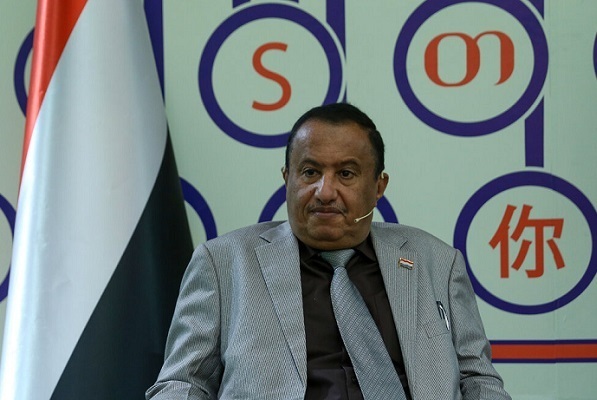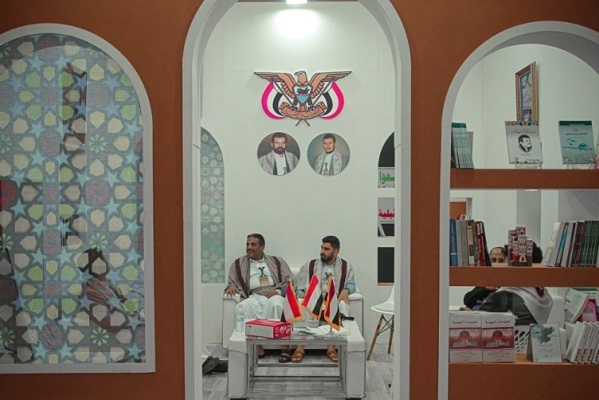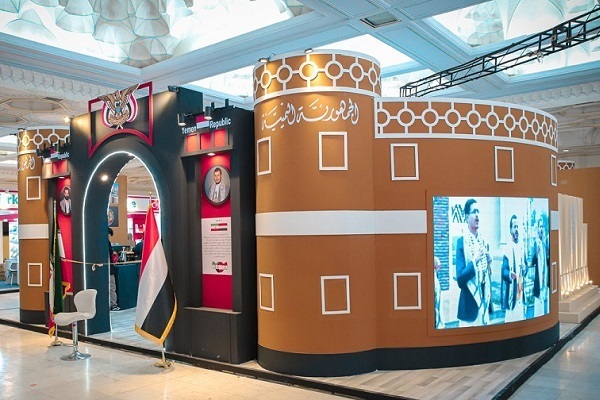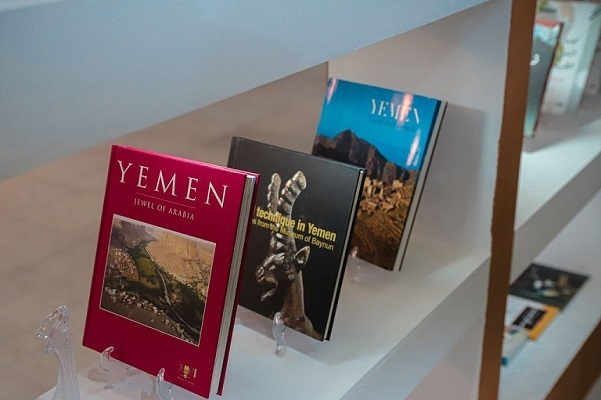Yemeni Participation at Tehran Book Fair Aimed at Boosting Resistance Culture: Official

“Our participation in the book fair served as a stepping stone to establish a firm, consistent, and ongoing start towards cultural collaboration and broadening engagements in the realm of resistance culture, particularly in all aspects of Islamic resistance,” Abdurrahman Murad, the head of Yemen’s Book Organization, told IQNA on Friday.
The 35th Tehran International Book Fair (TIBF) was inaugurated on Wednesday, welcoming the public with a ceremony graced by Iranian officials, publishers, and book enthusiasts. This edition of the book fair saw participation from over 2,500 Iranian and 60 foreign publishers.
Yemen has been honored as the special guest for this edition of the book fair. Initially, India was slated to be the special guest, but travel restrictions for Indian citizens to Iran led the organizers to invite Yemen instead.
Murad highlighted Yemen’s rich history and its significant influence on Middle Eastern and Arab civilizations, as well as the nation’s longstanding cultural and commercial ties with Iran, which have been in place for millennia.
“The deep bond between the Yemeni and Iranian people is rooted in their shared Islamic faith, he said, adding that this bond is strengthened by their mutual reverence for the Holy Prophet (PBUH), the Holy Quran, Imam Ali (AS), Imam Hasan (AS), and Imam Hussein (AS)."

Expressing his delight at being a special guest at the 35th Tehran International Book Fair, Murad noted that despite the ongoing conflict, publishing remains a vital part of Yemen’s cultural and civilizational development. He said that nearly 600 books are produced and published in Yemen each year.
Discussing the state of public libraries in Yemen, Murad shared that there are approximately 100 public and private libraries in the country, with the majority located in Yemen’s capital, Sana’a. However, the war Yemen has experienced over the years has led to the closure of some 40 libraries, he added.
He emphasized that despite the scarcity of libraries in Yemen, they are rich in resources spanning economic, historical, political, social, and literary domains.
He further highlighted that a significant portion of Yemen’s library treasures are manuscripts, which number around 48,000.

When asked about his main objective for attending the Tehran International Book Fair, Murad stated that it was not only to strengthen cultural ties and expand cultural and artistic interactions between Iran and Yemen, but also to showcase the “altruism, peace-loving nature, kindness, and generosity that are integral to Yemeni culture.”
Murad acknowledged that, due to the ongoing siege and war, it was not feasible to bring more books from Yemen. However, he assured that the materials displayed at Yemen’s booth provide an overview of the available books, publishing activities, and the overall literary landscape in Yemen.

The TIBF, being Iran’s premier book trade fair, has evolved into a significant book fair in West Asia after successfully hosting 34 editions. Every year, the fair attracts millions of visitors, including a large number of university students, scholars, and families.
Currently, the fair stands as the most prominent cultural event in Iran. On average, it sees participation from 2,500 domestic and 600 foreign publishers. The foreign publishers predominantly offer their materials in English or Arabic, but titles in French, German, Chinese, Korean, and Japanese are also available.
Running under the slogan “Let’s Read and Create,” the 35th Tehran International Book Fair will continue until May 18 at Tehran’s Imam Khomeini Mosalla.
4214870



